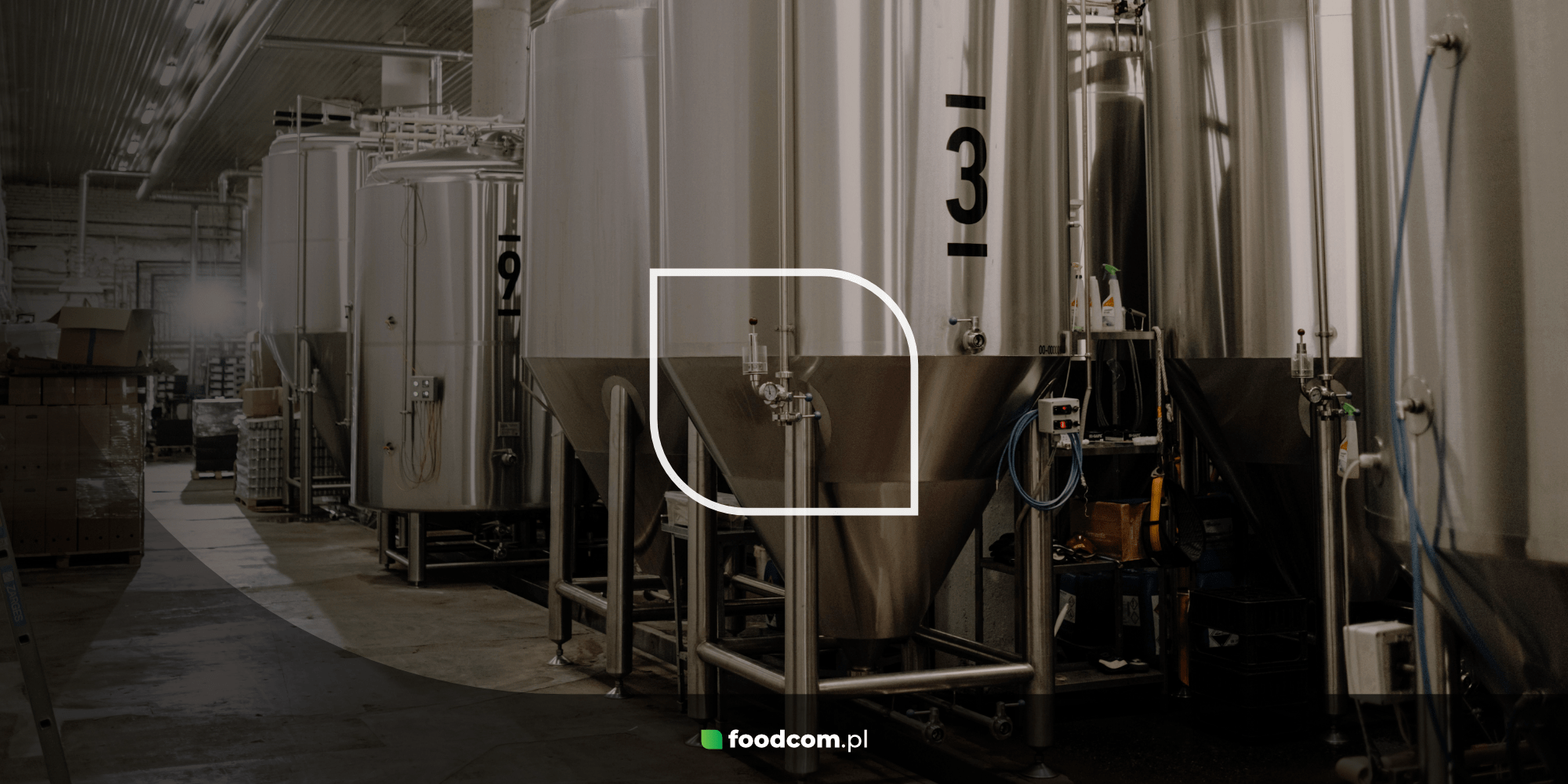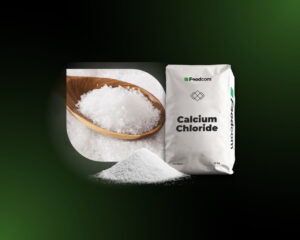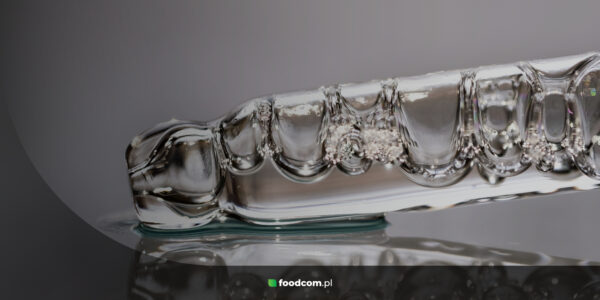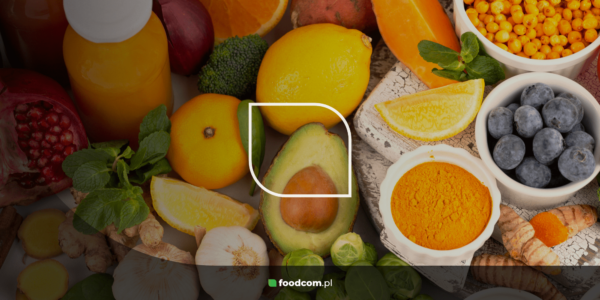- Texturizers are substances that modify the texture and structure of food and industrial products.
- They are used in the food, cosmetic, pharmaceutical and chemical industries to improve the shelf life and sensory properties of products.
- Popular types of texturizers include emulsifiers, thickeners, gelling agents and stabilizers.
- Growing demand for healthy foods and innovative products is driving the growth of the texturizers market.
Texturisers are ingredients widely used in the food and other industries to modify and improve the texture of products. Their role in the production process is extremely important, as they allow the desired texture, consistency and appropriate sensory properties to be obtained. Find out what texturisers are, their uses and which types are on the market.
What are texturisers?
Texturisers are substances added to food and other industrial products to improve their texture. This means that they can be used to influence the consistency, elasticity, viscosity or density of the final foodstuff. They make it possible to achieve certain physical properties that improve sensory qualities, as well as durability and stability. In the food industry, they are used extensively, both in the production of processed foods and beverages – juices, desserts or yoghurts.
Today’s texturiser market is growing in response to the increasing demand for healthy foods, vegan products and innovative solutions in the food industry. Adapting the texture of food and other products to consumer expectations is essential to ensure competitiveness in the market.
Application of texturisers
Texturisers are used in many areas, not only in the food industry. The main areas of use include:
- food industry – texturisers are widely used in the production of foodstuffs such as beverages, sauces, yoghurts, desserts, pastries, as well as in processed meat and vegan products. Their main purpose is to improve the consistency and stability of products, e.g. by imparting the right viscosity or texture,
- cosmeticsindustry – in cosmetics, they are used in the production of creams, lotions, gels, shampoos or make-up removers. They help improve consistency, facilitate application and make products more pleasant to use,
- pharmaceutical industry – texturisers are also used in the production of medicines in the form of suspensions, syrups or ointments, where controlling consistency and stability is very important,
- chemical industry – they are also used in the production of paints, varnishes or detergents, and their role is to control viscosity and other physical properties.
Types of texturisers
There are many different types of texturisers on the market, which differ in their action and application. The most popular groups include:
- emulsifiers – substances that help to form and stabilise emulsions, i.e. mixtures of two immiscible liquids such as oils and water,
- gelling agents – used in products that need to achieve a firm texture, such as jellies or marmalades,
- antioxidants – help to maintain the freshness of food products by preventing them from oxidising,
- thickeners – substances that increase the viscosity or density of products, e.g. in drinks, sauces or soups,
- stabilisers – serve to improve the shelf life and stability of products, especially those that undergo various technological processes such as pasteurisation or freezing.
Calcium chloride – a texturiser in food production
Calcium chloride is one of the most commonly used texturisers, especially in the production of beverages, jams, gels or cheese. It is a chemical compound that acts as a texture stabiliser and improves the hardness of products. In cheese production, calcium chloride is used to improve the texture of cheese by strengthening the protein structure. In addition, it is used in the production of jams and jellies as it aids the gelling process.
Beer yeast – a natural texturiser
Beer yeast is another popular ingredient that acts as a texturiser, especially in the production of beverages and vegan meat substitutes. Rich in protein and fibre, beer yeast has texture-enhancing properties in foods, especially in plant-based products where it acts as a meat substitute. As well as improving texture, they also add valuable nutritional value – a source of B vitamins, minerals and fibre.
Xanthan gum – improving texture and stability
Xanthan gum is one of the most popular thickeners and is widely used in food and beverage production. It is a polysaccharide (polysaccharide) that occurs naturally in fermenting bacterial cultures, and is mainly used in the food industry to improve the texture of products. Xanthan gum is particularly valued for its ability to stabilise emulsions, preventing them from delaminating. It is used in sauces, dressings, yoghurts, beverages and gluten-free products, among others, to improve their texture.
Sunflower lecithin – an emulsifier with texturising properties
Sunflower lecithin is a vegetable emulsifier that finds versatile use in food production. It is a fatty substance that enables mixtures of fats and water to be stabilised. It improves the texture and consistency of food products, including chocolate, margarines, cakes and also animal feed. Thanks to its emulsifying function, sunflower lecithin is used to obtain a homogeneous consistency in products, as well as to extend their shelf life.
Vanillin – a natural flavour with texturising function
Vanillin, although commonly associated with a flavouring additive, also has texturising properties. As a flavouring added to many foods, vanillin improves not only flavour but also texture. In combination with other ingredients such as xanthan gum or lecithin, it can affect the homogeneity and stability of a mixture, which is used in the production of cakes, pastries, ice cream or beverages.
Texturisers on the market – what are the prospects?
The texturisers market is constantly evolving, driven by the growing demand for healthy and functional foods. Changes in consumer preferences, the growing popularity of plant-based foods and technological innovations are driving the production of new, more advanced texturisers. Foodcom S.A. offer a wide range of texturisers, responding to the needs of the food and cosmetics industry.
Texturisers continue to be an integral part of technological processes and their role in the production of food, beverages or cosmetics is very important to ensure the quality and competitiveness of products.













